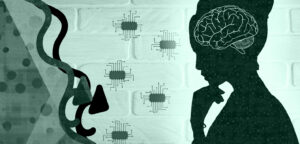
How Much Do Students Have to Study to Learn a Concept?
Students often underestimate how much study time is required to master course concepts for an exam (Chew, 2014). Weaker students in particular tend to be grossly overconfident about how quickly they can learn. As a result, many students wait too long to begin studying for












